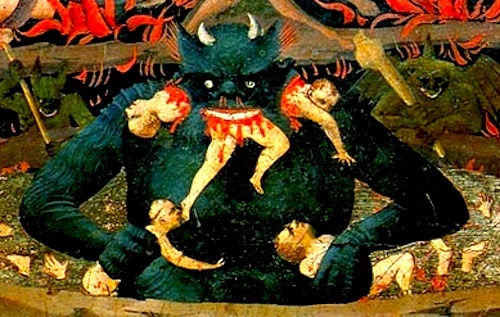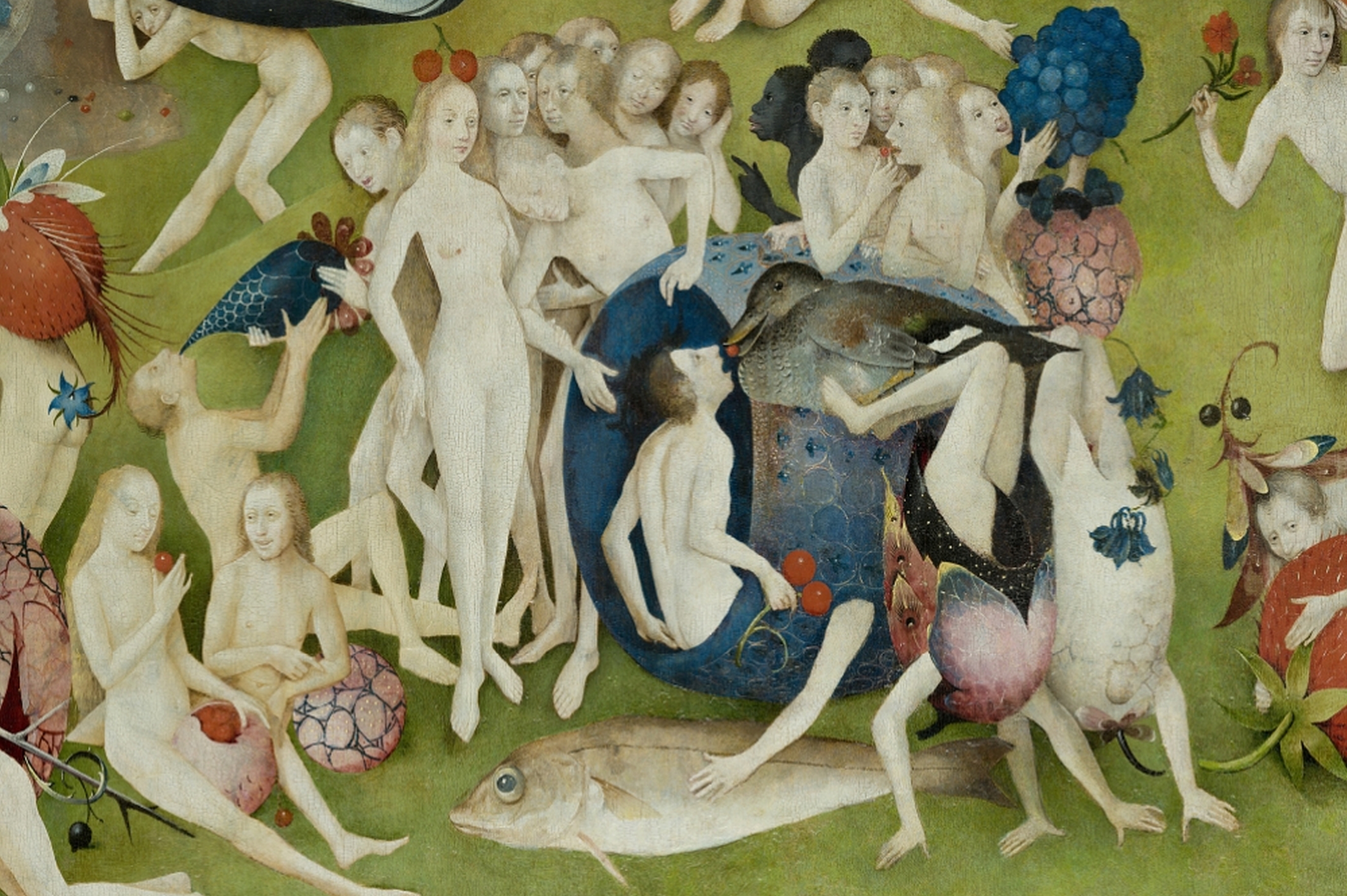 |
| Ken Blue (Dad) with the kids @ The Charis Project |
As we get older we realize that wisdom that people gave us when we were younger is actually true. There are things that wise people have told me that I believed because they made sense and I respected the person who said it. I could repeat it to others with conviction in my voice (those of you who know me face to face know that I can say nearly anything with conviction in my voice.) And saying some of these things were good ways of giving others the impression that I also was wise. But the really good stuff shifts over time. It changes from merely being a wise saying with the experiential realization that it is actually true.
One of the really good nuggets my father gave me. He phrased it as a realization or rather a conjecture. He said to me, "It really seems as though God is not all that concerned about achievement. God seems to be more interested in the development of character."
Character is more important than achievement. Yah, that sounds good, almost a platitude. It is the sort of thing you say as a consolation for frustration or failure. A good piece of soothing opiate for the masses.
And then you live more years and observe others and yourself. You see people achieve without character and how empty and dangerous they are. You see people grow character and how it changes them, makes them deeper and more solid.
I have had success, achievement, failure and frustration. It has been in the failure and frustration portions that my father's bit of wisdom comes to me and reminds me to take heart. It is not a consolation, it is an imperative in disguise. A call to endurance, not to capitulate and just say, "Well I failed, I guess I get character." Rather to say, "Here is a decisive opportunity for me to grow that which is really important. The other bits and distractions have fallen off for a moment. What I do now gets at the core of me."
It has taken some really unpleasant times for this to come home to me. And I really would not like to repeat them. However, coming through, having had that bit of wisdom from my father, I have gained measures of character that I didn't realize were available to be had and so never realized how valuable they were. My wife will be happy to back me up on this. And living in my own skin has taken on a different flavor. The development of character means being more truly and fully you in ways that you didn't know that you were missing. This affects everything about you and is visible to the people around you. You become stronger and more gentle at the same time. You become both more creative and more grounded. You become more like the person you really are and didn't realize you hoped you could be. Once this realization takes hold hardship takes on a different meaning. Instead of being something you dread, you begin to welcome it as the catalyst that can propel you toward the person you can now see yourself becoming.
Far from being a consolation, my father's bit of wisdom has taken the sting out of suffering and the fear out of failure. Far from being disempowering, those words reset the stage for me to risk and endeavor to achieve more because in the worst case scenario I will get to become more the person who I have glimpsed it is possible for me to become.
My father mentioned God as well. This character thing goes even beyond our quality of life here and now. God has no intention of letting a bunch of little children (and I mean that in the pejorative sense) run around with his authority mucking things up, we are already doing that. The reason why God cares more about character is that is what prepares us to partner fully with our heavenly father in working for the redemption of this world. From this perspective, there are fathers with starving children in Mali that are far farther along than me. In this development of character we are being formed into the sort of creatures that God can trust with his authority.
Remember my father's wisdom and become more and more the person you couldn't dare to dream you might be and together we will build the house of our father, a place truly fit for the sorts of people God calls all of us to become.
Oh, and, thank you Dad.






